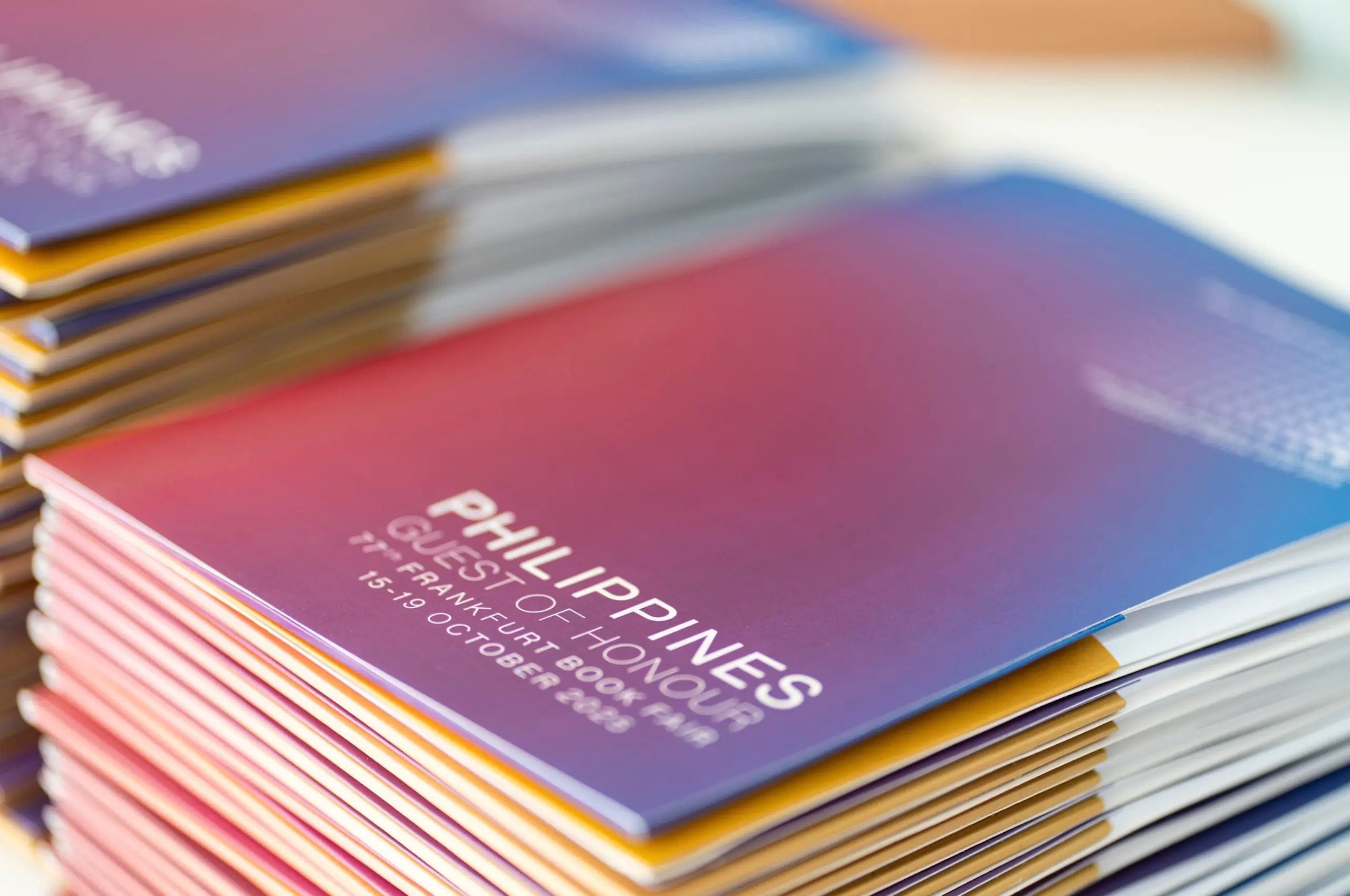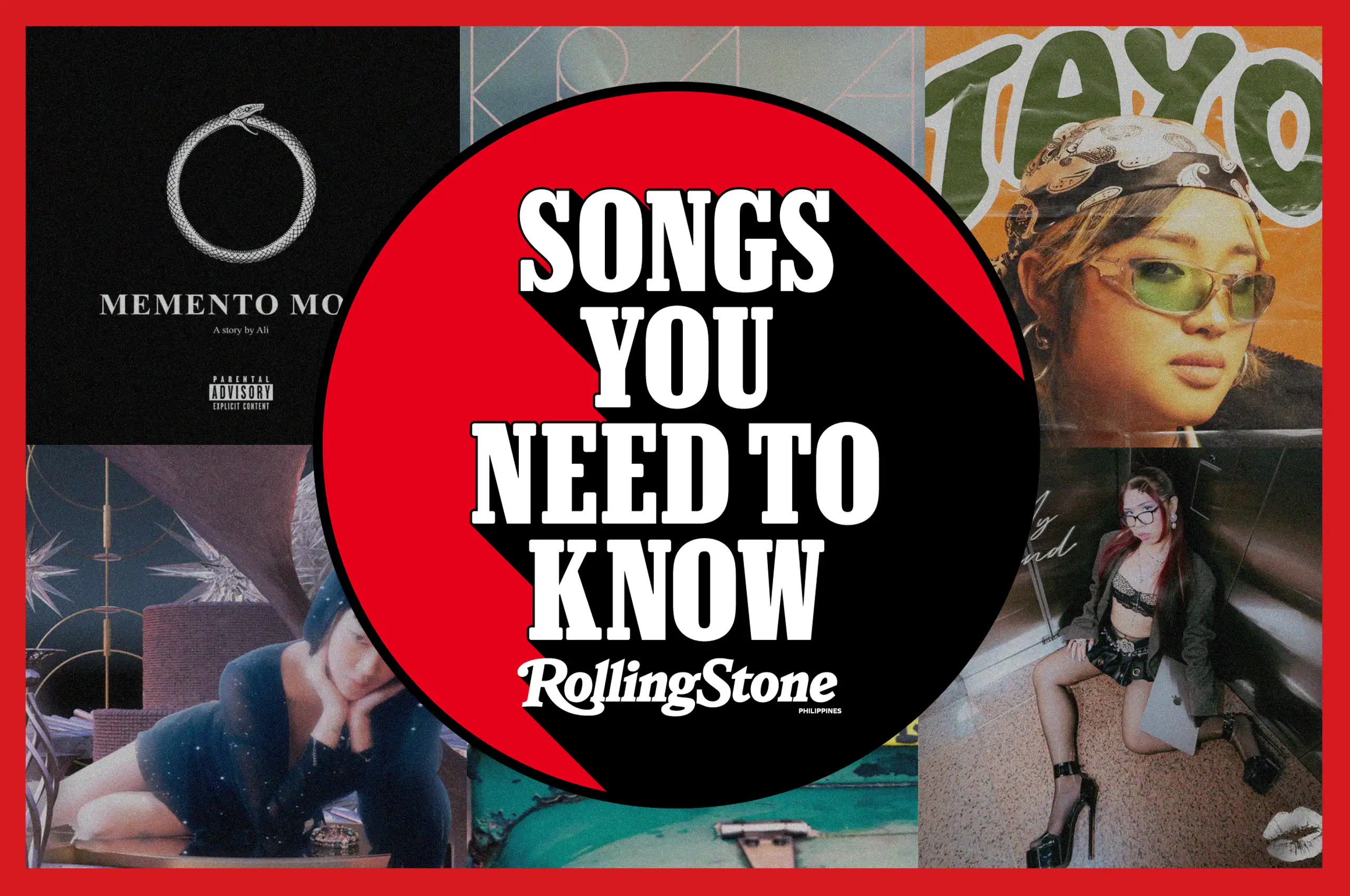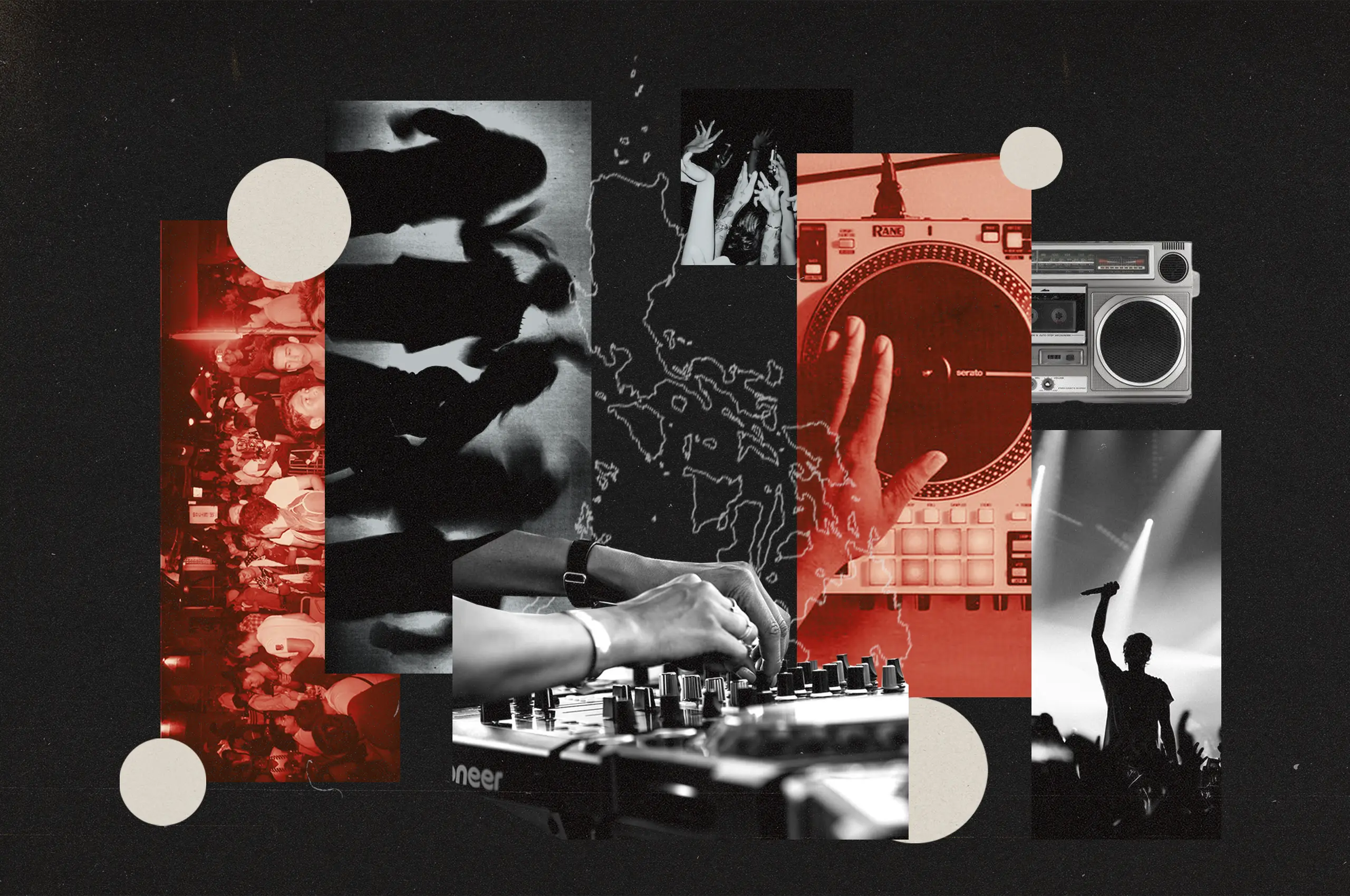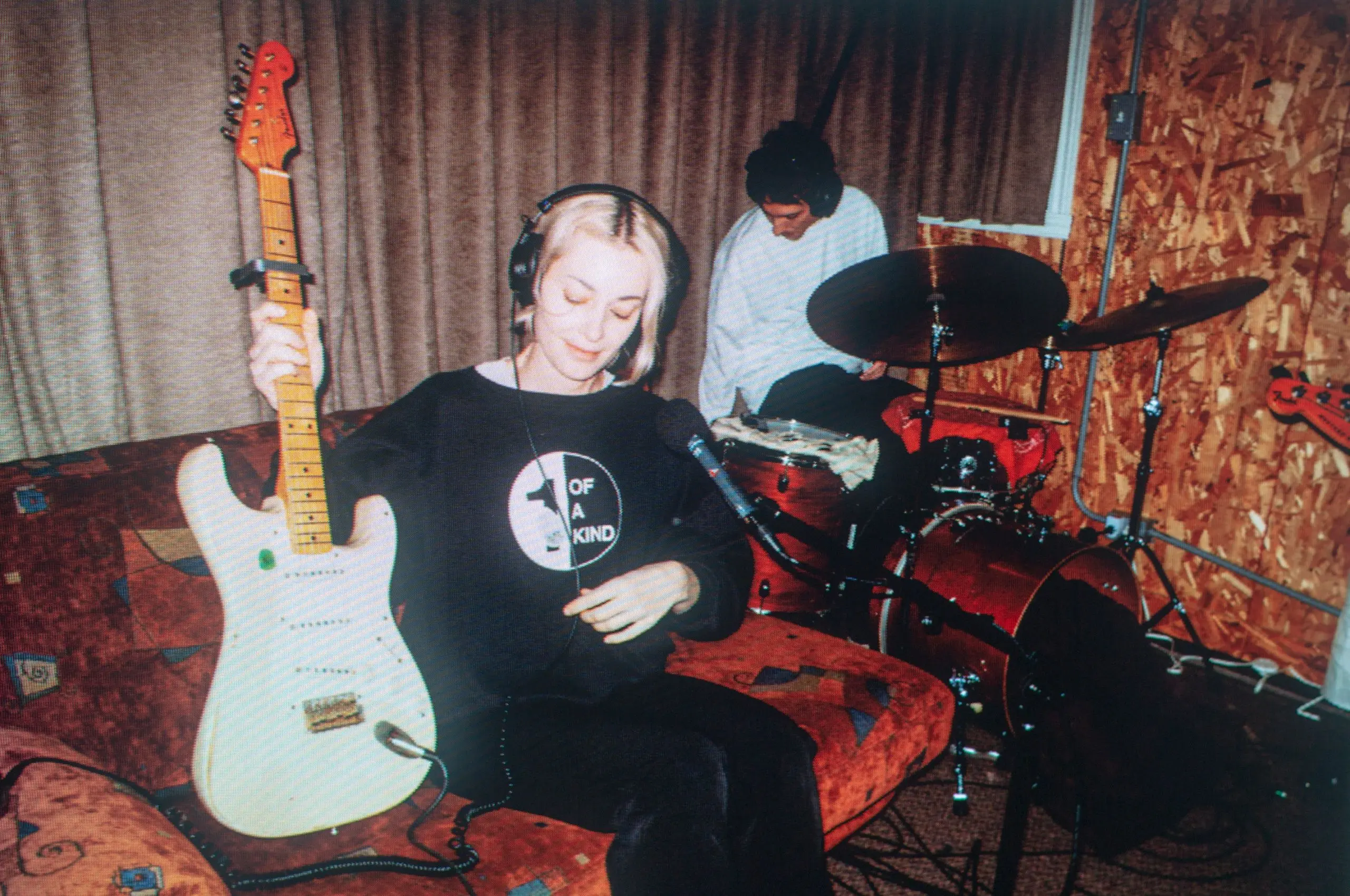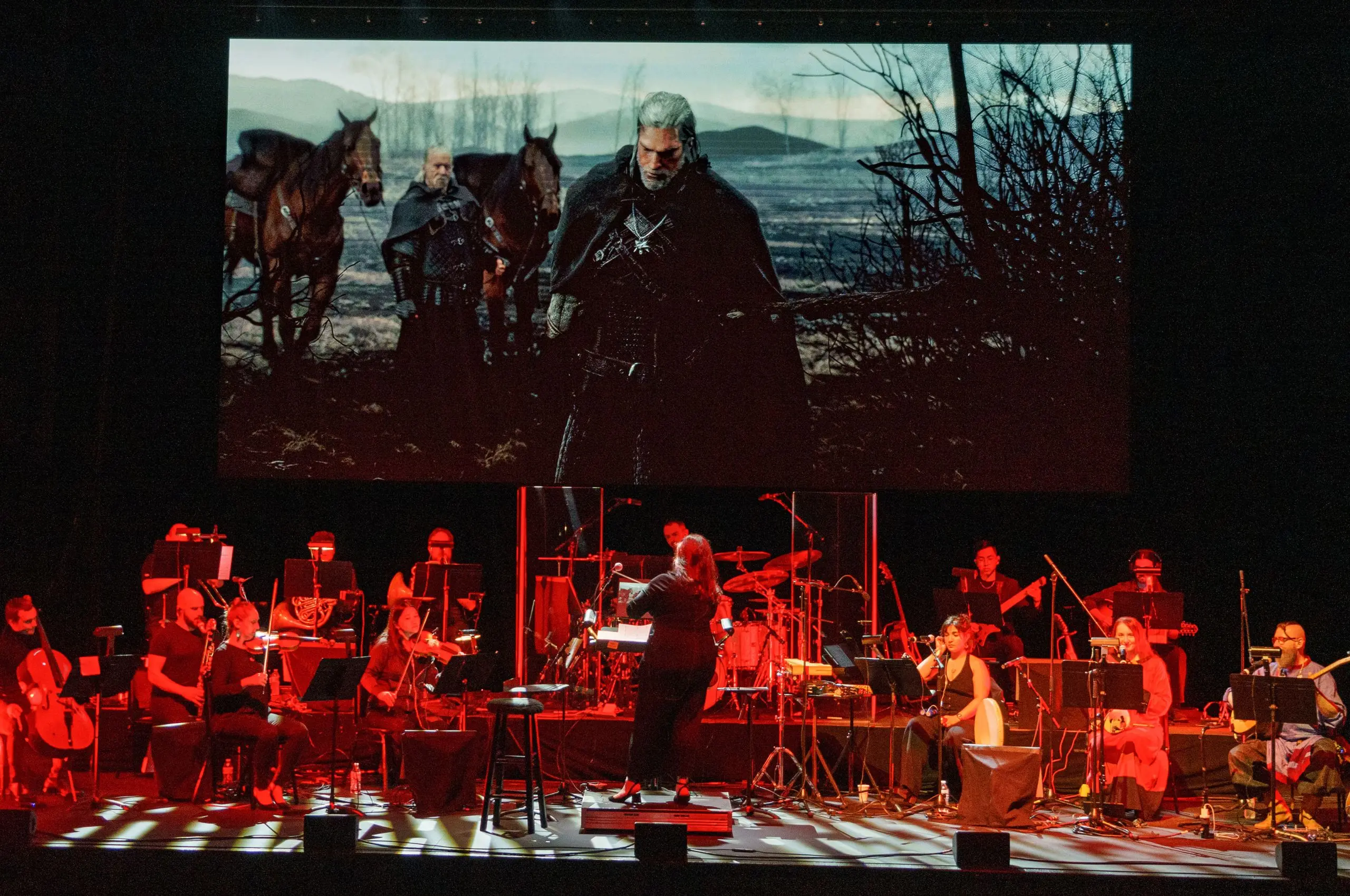The Frankfurt Book Fair has become a source of tension for those embedded in the world of Filipino publishing.
The fair, or Frankfurt Buchmesse in German, is the world’s largest trade fair for books. Since 1949, it has served as a sprawling, days-long affair where authors, agents, and publishing presses gather to trade distribution rights to titles, sell books, and, in the case of the fair’s Guest of Honor, place their respective countries’ written works up on a global pedestal.
It is arguably the most important event of the year for any publisher hoping to strike literary gold on an international level, and this year, the Philippines holds the prized role as the fair’s Guest of Honor. This position, which the National Book Development Board (NBDB) extensively campaigned for, means that the Philippines will be honored with a special exhibition pavilion and program. The only other Southeast Asian country to have held the title was Indonesia in 2015.

“Economically, [joining the fair] is really about being able to expand our publishing industry through rights and distribution,” Charisse Aquino Tugade, executive director of the NBDB, told Rolling Stone Philippines. “We want to expand the business of our publishers and connect our creatives to the global market.”
Tugade, along with the National Commission for Culture and the Arts’ (NCCA) Aurea Brigino Lopez and a core team of seasoned publishing figures, has led the charge in bidding for the Guest of Honor title to be awarded to the Philippines. The past 10 years have seen the NBDB spending significant amounts of time, money, and resources in its campaign; while it is difficult to ascertain the exact amount spent, the group has made publicly available the monetary amounts requested to prepare the materials, courier services, and travel accommodations necessary to attend the fair. For example, the NBDB’s request for flight and hotel arrangements of NBDB personnel, invited guests of the fair, and more totaled approximately P9.5 million alone.
“We’ve been gunning for Guest of Honor… because it’s high time we share our stories,” said Tugade. “This opportunity puts us under a kind of microscope where everyone’s asking, ‘Wow, what do you have to say?’ So it’s a good time to claim that space. [Filipinos] are always in the background… we’re everyone’s service provider, but we’re never front and center. Narratives from elsewhere… when they talk about us, it’s always either biased or it’s never from our point of view. So we want to share our narratives.”
A Contentious Honor
However, to mention the fair at all to anyone privy to the controversy surrounding it is to open up a long, complicated conversation about where the fair stands on the ongoing war between Israel and Palestine. Publishers for Palestine, a global coalition of more than 600 publishers based in 50 countries worldwide, has called for a boycott of the fair for its alleged complicity and refusal to acknowledge the genocide of the Palestinian people.
In 2023, the Frankfurt Book Fair released a statement in response to militant group Hamas’ October 7 attack against Israel. “Frankfurter Buchmesse stands with complete solidarity on the side of Israel,” wrote fair director Juergen Boos. Later that month, the fair “indefinitely postponed” the award ceremony of Palestinian author Adania Shibli’s novel A Minor Detail, which centers on the rape of a Bedouin-Palestinian girl by Israeli soldiers.
In 2024, the fair awarded the Peace Prize of the German Book Trade to American journalist Anne Applebaum, who has publicly supported the Israeli bombing of Palestinian radio and TV stations. “Never has the Israeli army gathered and butchered Palestinian civilians, elderly and disabled persons and children and babies and nursing mothers, and shot them to death,” Applebaum wrote on X, quoting from Fania Oz-Salzberger’s opinion piece, Degrees of Evil in Israel’s Calamity.
“We cannot in good faith continue to profess producing great books ‘for the world’ knowing that the institution where we are sharing these books is also deeply involved in the erasure of other people,” Gantala Press, a Filipino feminist publishing group, told Rolling Stone Philippines. Earlier this year, the press announced that one of its graphic novels had been included in the fair without their knowledge or permission. The NCCA quickly responded with an apology and removed the title from the selection.
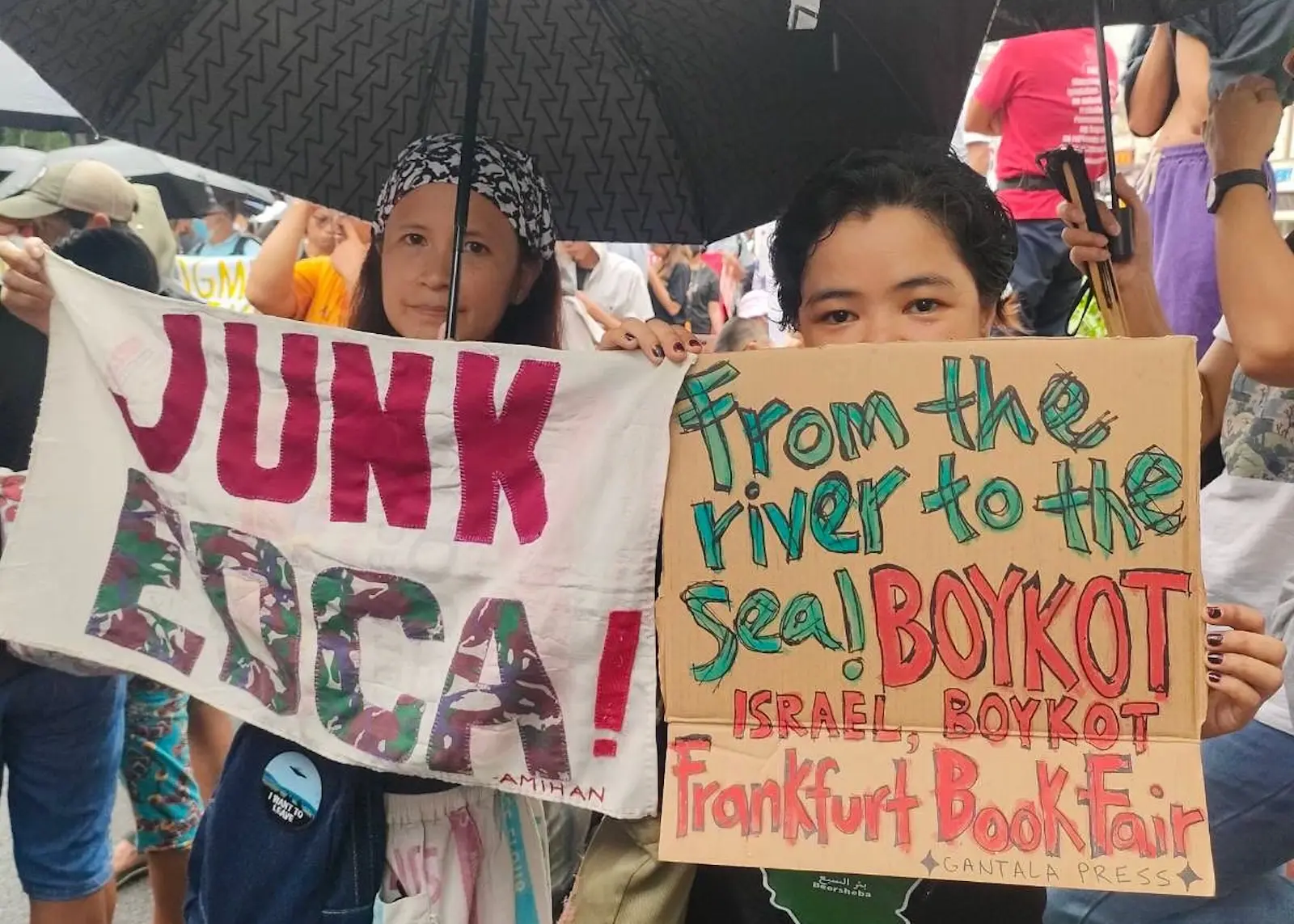
“The Frankfurt Book Fair is a massive space for the exchange of knowledge and ideas,” said the press, “but with its complicity, it normalizes the destruction of Palestinian culture, books, and the absence of Palestinian knowledge in this exchange.”
Multiple Filipino authors and publishers have joined the boycott, arguing that the fair’s alleged economic benefits do not outweigh the moral cost of being, in any shape or form, complicit with the genocide. “Filipino publishers are in the special, unenviable position to send a direct and singular message to the power structure that emboldens and finances Israel and its atrocities in Palestine and the rest of the world,” Adam David, co-founder of the small press Better Living Through Xeroxography, told Rolling Stone Philippines. “It is our responsibility as survivors of empire and colony ourselves to fight this adversary.”
“I wish we were not so desperate an industry and community,” continued David, “that [when] we see and hear people desperately asking for solidarity and aid, our response is, ‘Wait a minute, I have to sell my comics and novels to the financiers and weaponeers of your killers first.’”
When asked about the boycott surrounding the fair and the Guest of Honor role she has so long campaigned for, Tugade emphasized the nuance of the situation. “I feel like people try to pit and make it a dichotomy,” said Tugade when asked about her personal opinion on the boycott. “It’s always, ‘I’m here, and if you’re not here with me, you’re against me.’ But the world isn’t like that. There are so many choices to be had. I would never be angry at someone or judge them for the choices they make… but this choice we’re making — to be heard and to be seen — is a very important one.”
“It’s sad sometimes when people don’t realize that,” continued Tugade. “My question is always, ‘What seeds are you trying to sow? What are you trying to do? Are you trying to pit people against each other? Make people feel bad because they made a certain choice?’”
Questionable Outcomes
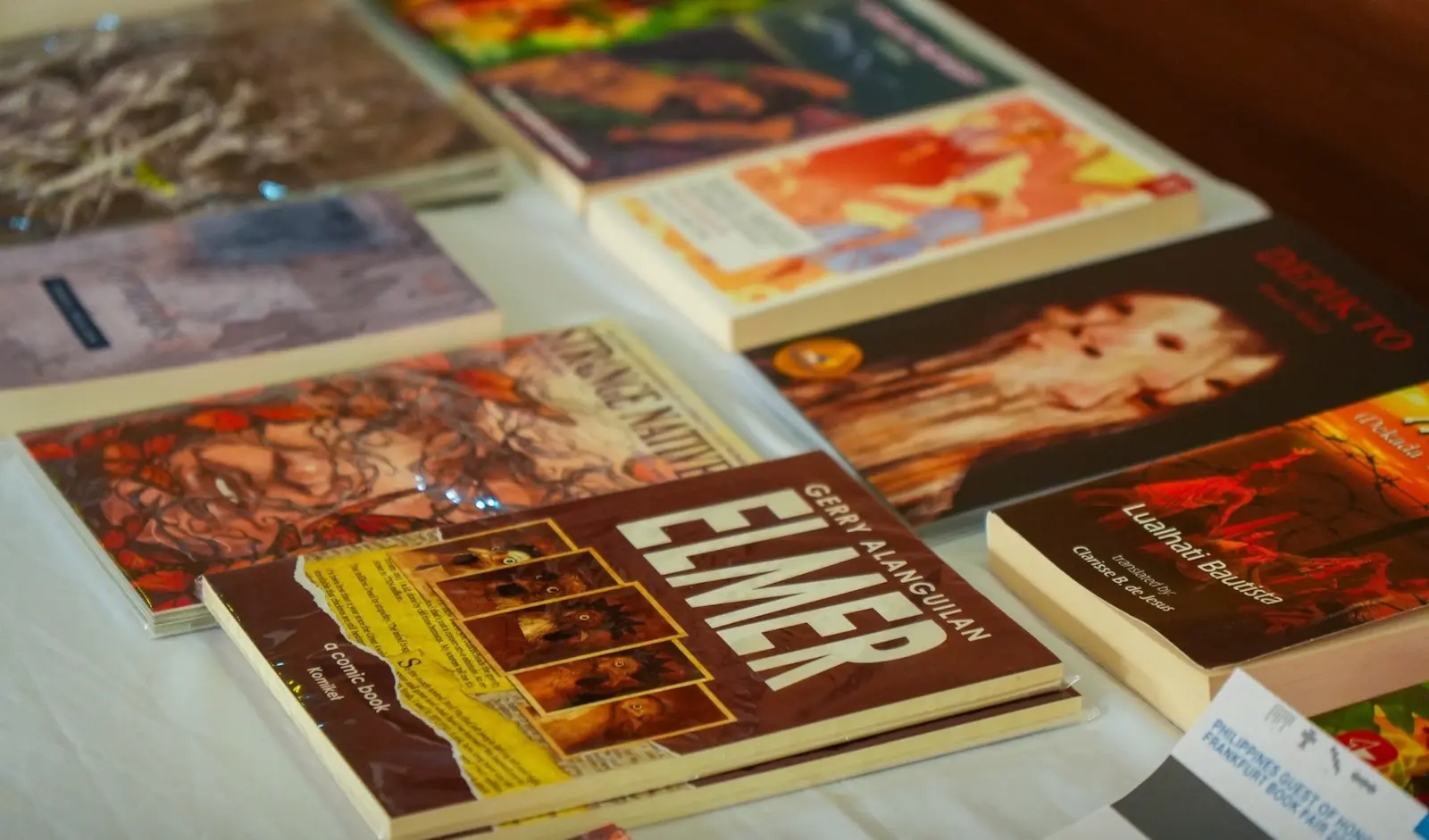
Members of the publishing industry have also argued that attending the fair is not a guarantor of success. “Even without the Gaza issue, I’ve always been suspicious of market-oriented efforts to promote literature and culture,” novelist Glenn Diaz told Rolling Stone Philippines. “People claim that the Guest of Honor [role] will put a spotlight on Philippine literature, that it will introduce us to Europe, to global audiences. Meanwhile, if you’ve been reading the news on grade school Filipino kids being unable to read and comprehend a single sentence… our own kids can’t even read. It’s like misdiagnosing the problem or doing something else instead of fixing the more basic stuff.”
Diaz continued by pointing out how he doubted the long-term effectiveness of attending the fair, much less attending as its Guest of Honor. He recalled a trip he’d made to Indonesia, which was the first Southeast Asian country to be the fair’s Guest of Honor. He learned that, although a translation institute had been started, many efforts stemming from the country’s participation in the fair fizzled out. “It’s really such a tough thing without more entrenched, structured support for writers, for publishing,” said Diaz.
Díaz added that his audience, as well as that of many writers in the Philippines, is not necessarily international. “As a Filipino writer, my audience is Filipino,” said Diaz. “I don’t really care if a German person reads my work. My main goal is to converse with a Filipino audience.”
“The [NBDB]’s focus remains on export-oriented models of book production and distribution instead of national industrialization,” said David. “Because as far as our decision makers and gatekeepers [are concerned], German translations of Filipino books are far sexier and prettier in resumes and book catalogs than Bisaya ones.”
Way Forward
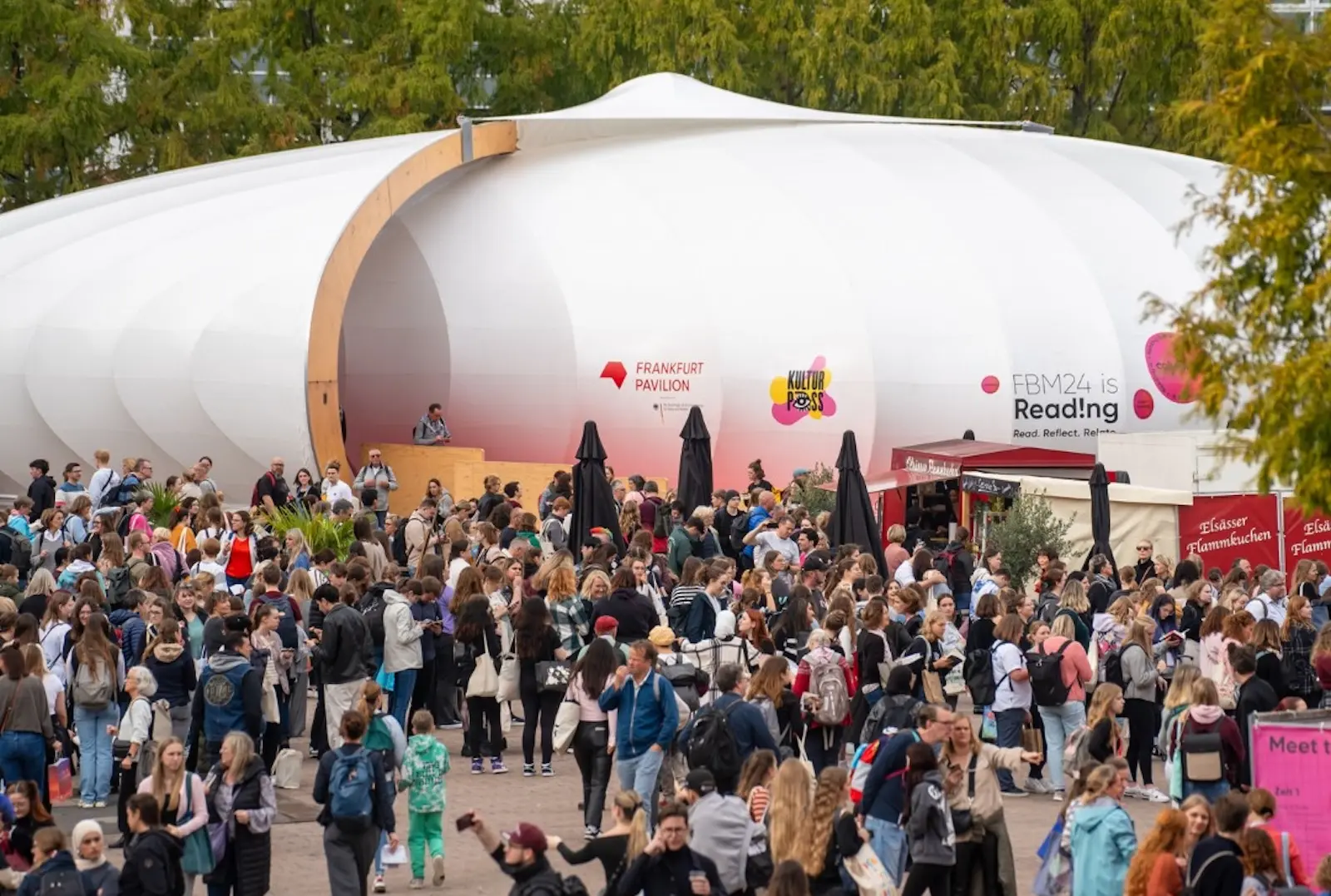
The Philippine publishing industry has never found itself more divided over an event that has become a moral and economic battleground. The choice to attend or boycott the fair has become so existential that voicing one’s stance risks public condemnation.
“If people want to boycott, that’s really up to them,” said Tugade. “But for us… we’re trying to grow our branches. Even globally, everyone’s trying to grow their branch and not cut down the whole tree.”
“We already have this space to speak,” added Tugade, “to do our programming. To tell people how we feel. Everyone’s looking at us now. And the seeds that I’m trying to sow are seeds of growth, of connection, of conversation.”
As the literary world turns its eye on the Philippines this October, what remains to be seen is what stories the country chooses to tell, and at what cost.
“For me, it’s simple,” said Diaz. “You have people being dehumanized, silenced, and rendered completely slaughtered… therefore, we boycott. But for many Filipino writers, it’s really one of the few opportunities to reach a kind of audience that many Filipino writers don’t have that opportunity to. I can easily say that I don’t want any of my books to be exhibited at Frankfurt, but for other writers, that kind of opportunity is simply not present.”
“International solidarity is crucial now more than ever even and especially for publishers, if we want to continue making books that matter,” said Gantala Press. “Boycotting Frankfurt is taking a clear, simple, principled stand against the kind of world that Zionists and their imperialist backers want to create. If they can erase Palestine, they can erase other nations.”


